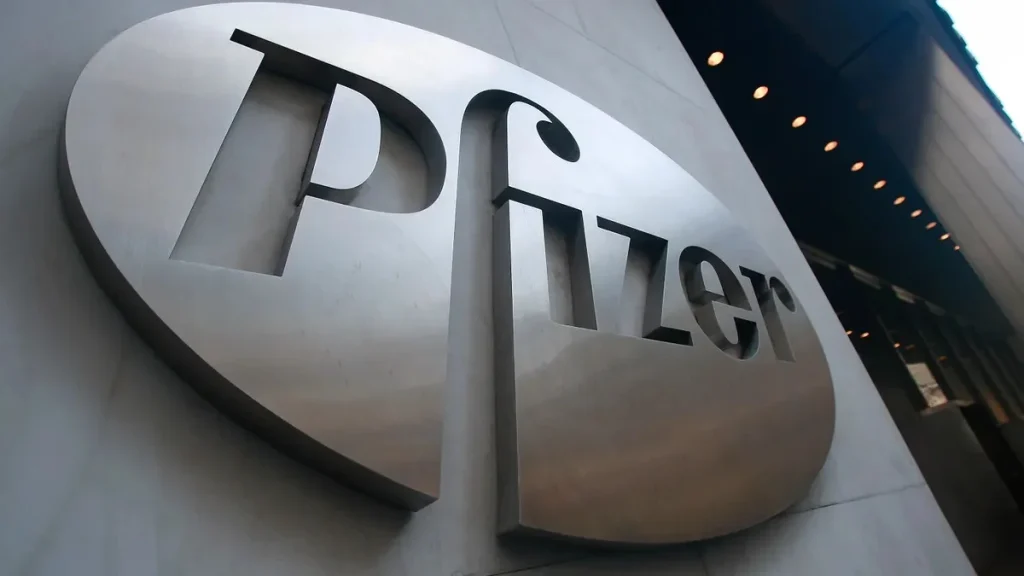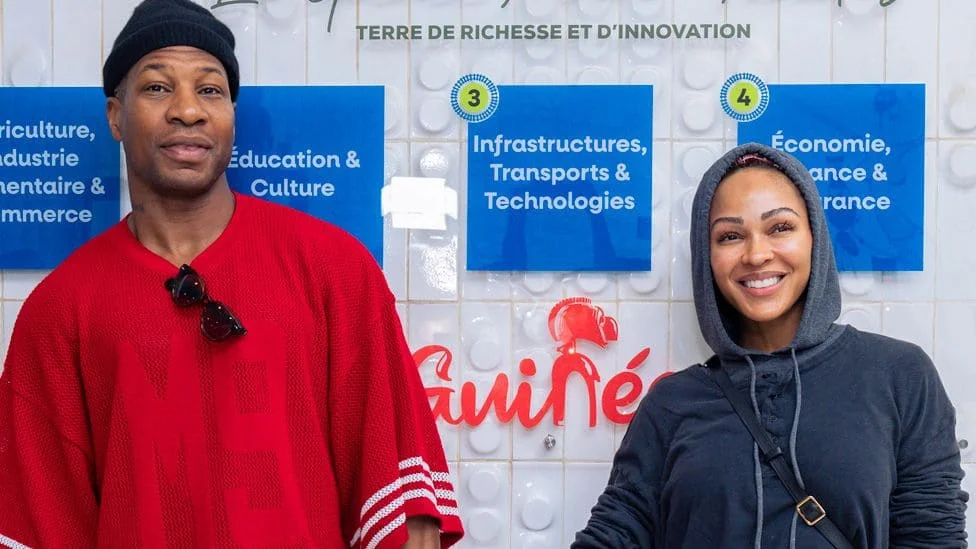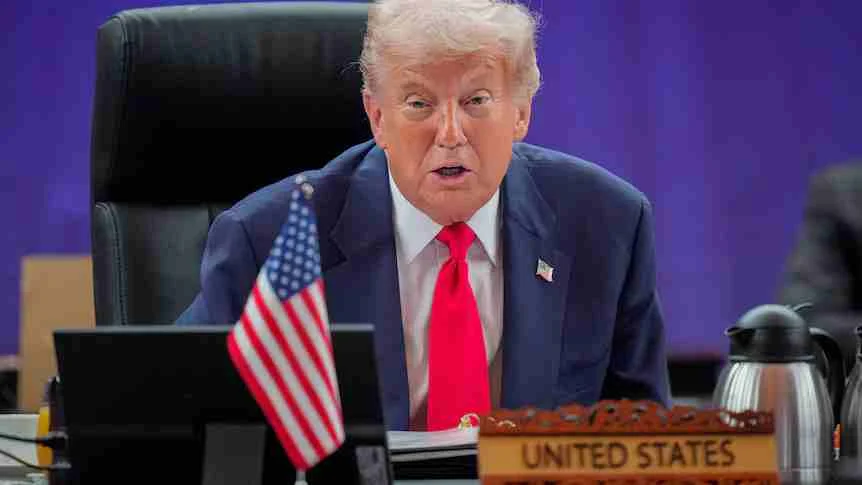Pharmaceutical giant Pfizer announced on January 17, 2023, at the World Economic Forum in Davos, a significant expansion of its An Accord for a Healthier World initiative, committing to provide approximately 500 medicines and vaccines on a not-for-profit basis to 45 low-income countries. This move, building on a May 2022 pledge to offer 23 patented drugs, now includes off-patent products, aiming to address the health equity gap affecting 1.2 billion people. As of 2025, the initiative continues to reshape global health access, per Reuters, amidst ongoing challenges in underserved regions.
A Bold Step Toward Health Equity
Launched in 2022, An Accord for a Healthier World seeks to bridge disparities where developing countries bear 70% of the global disease burden but receive only 15% of health spending, per Pfizer’s statement. The expanded portfolio, announced by CEO Albert Bourla, now covers patented and off-patent medicines, including chemotherapies and oral cancer treatments that could reach nearly one million new cancer cases annually in Accord countries. “We aim for a world where all people have access to the medicines they need,” Bourla said, emphasizing the initiative’s goal to expedite access to life-saving treatments.
Initially offering 23 patented drugs, Pfizer’s inclusion of off-patent products in 2023 significantly broadened the program, covering infectious diseases like HIV/AIDS and non-communicable diseases such as cancer, which claims more lives in Africa yearly than malaria, per AFP. By 2025, the initiative had delivered millions of doses, including Paxlovid for COVID-19, to low-income nations, per The New York Times.
Addressing Global Health Disparities
Low-income countries, particularly in sub-Saharan Africa, face stark health challenges, with one in 13 children dying before age five, compared to one in 199 in high-income nations, per UNICEF data cited by Pfizer. Essential medicines often take four to seven years longer to reach these regions due to supply chain issues and underfunded health systems. “This expansion targets unmet patient needs,” Pfizer noted, focusing on 45 countries, including many in Africa, where infrastructure barriers persist.
In Nigeria, grappling with 52.2% inflation and a naira at ₦450 to the US dollar in 2023, Pfizer’s initiative offers hope amid economic strain, aligning with cultural pride in Nollywood’s global rise, as noted by Nkem Owoh. The program’s focus on cancer treatments addresses a critical need, as cancer mortality rates in low-income countries far exceed those in wealthier nations, per WHO.
Pfizer’s Broader Commitments
Pfizer, reporting 8.6 billion USD in profits in Q3 2022, has faced scrutiny for pricing practices but has taken steps to enhance access. Beyond the Accord, it supplied millions of Paxlovid doses to low- and middle-income countries in 2022-23, per Bloomberg. By 2025, partnerships with organizations like GAVI expanded vaccine distribution, though challenges like counterfeit drugs in Nigeria, reported by Vanguard, underscore the need for robust supply chains.
Looking Ahead
Pfizer’s expanded initiative marks a pivotal effort to close the global health gap. “We’re expediting our vision for healthier lives,” Bourla reiterated, as the program supports 1.2 billion people across 45 nations. As Nigeria and other African countries navigate economic and health challenges, Pfizer’s commitment offers a lifeline, with potential to transform outcomes in underserved communities by 2025 and beyond.






